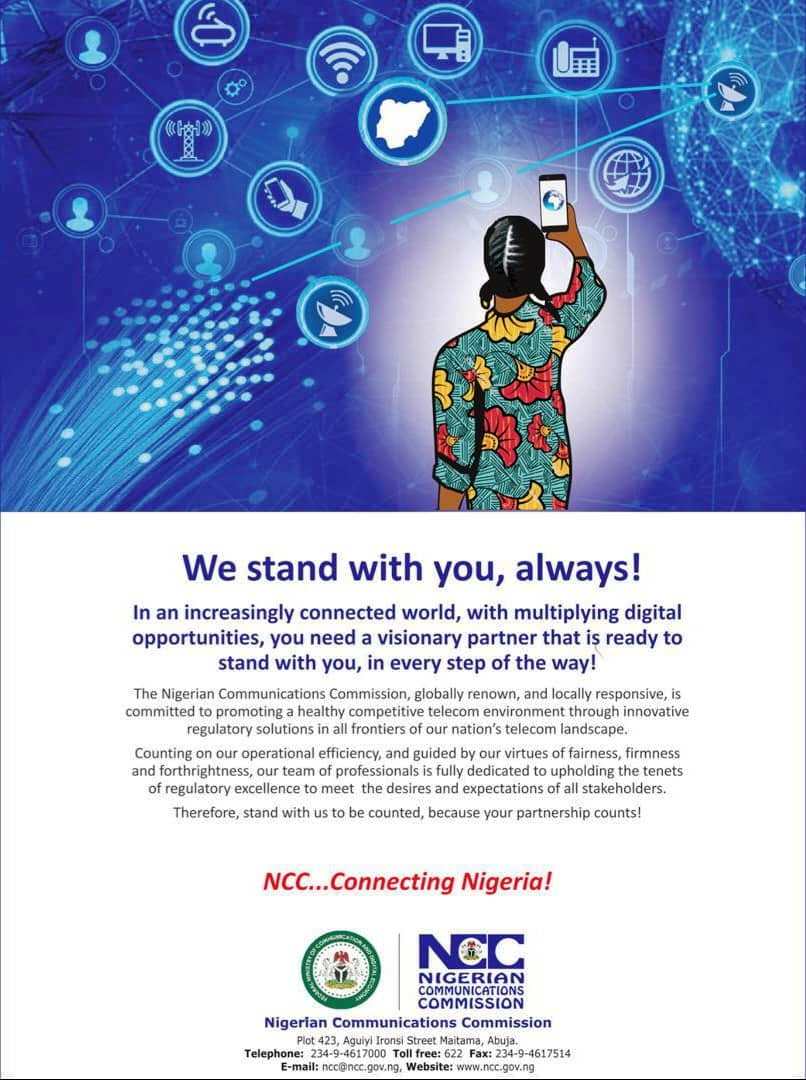By Nana Theresa Timothy
Skill gaps in Nigeria’s telecom sector: Stakeholders raise concerns
Telecom and ICT stakeholders have called on the Federal Government to strengthen the Digital Bridge Institute (DBI), expand its scope, and provide more funding to close skill gaps in Nigeria’s fast-growing digital economy.
RELATED: Stakeholders call for stronger institutional approach to bridge Nigeria’s telecom skill gaps
Speaking at the Stakeholders’ Consultative Forum on Skill Gaps in the Telecom Value Chain, experts stressed that empowering the DBI would be more impactful than establishing a new National Telecom Academy. The forum, themed “Bridging the Telecom Value Chain Skill Gap: Empowering Indigenous Talents for Industry Growth,” was convened by the Nigerian Communications Commission (NCC) in Lagos.
DBI as the Preferred Solution for Telecom Training
The Vice President of the Nigeria Infrastructure Fund at the Nigeria Sovereign Investment Authority (NSIA), Mr. Abraham Durosawo, emphasized that DBI’s mandates should be reviewed and expanded to bridge telecom skill shortages.
“The DBI has done excellent work. What we need is to strengthen it further by expanding its mandates, broadening its shareholders, and bringing in long-term investors with capital and commitment to the industry,” he stated.
He opposed the establishment of a new National Telecom Academy, arguing that resources should instead be channeled into building the DBI into a stronger institution for talent development in Nigeria’s telecom and ICT ecosystem.
Industry Leaders Stress Practical Training and Retention
Other stakeholders, including ATCON President Tony Izuagbe Emoekpere, ALTON Chairman Gbenga Adebayo, and NCC’s Director of Technical Standards and Network Integrity, Mr. Edoyemi Ogoh, all agreed that addressing the skill shortage is critical to Nigeria’s competitiveness.
Emoekpere noted the industry faces shortages in RF engineering, fiber planning, cybersecurity, data center operations, and project management. Adebayo, on the other hand, stressed the need for more mid-level skills and practical training.
“These so-called small skills are critical. In four years, I lost 12 skilled technicians to Canada, Germany, the U.S., and the UK. It’s not just about training but retaining talent with better incentives and social guarantees,” Adebayo added.
DBI’s partnership with SBTS
In February, DBI partnered with SBTS Group LLC, a global technology solutions provider. The initiative aims to train 50,000 Nigerian youth in digital skills by 2025. Under the deal, both partners are targeting 5 million beneficiaries by 2030 to address growing digital workforce demands. This will help in tackling youth unemployment at 19.7% and Nigeria’s $10 billion yearly loss from unfilled tech roles. Stakeholders urge DBI to pursue more such partnerships for sustainable impact.
Key Recommendations from the Forum
- Expand the mandates and scope of DBI to close existing skill gaps.
- Attract long-term investors and new shareholders to strengthen DBI.
- Prioritize practical, hands-on training for telecom professionals.
- Focus on talent retention through incentives, scholarships, and job pathways.
- Strengthen DBI instead of creating a new National Telecom Academy.
Driving Nigeria’s Digital Competitiveness
Stakeholders concluded that closing Nigeria’s telecom skill gaps is essential for reducing reliance on foreign expertise. It is also critical to sustaining industry growth, and ensuring that the country remains competitive in the global digital economy.
































